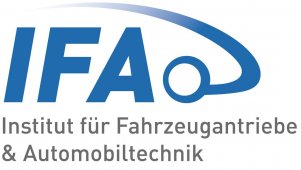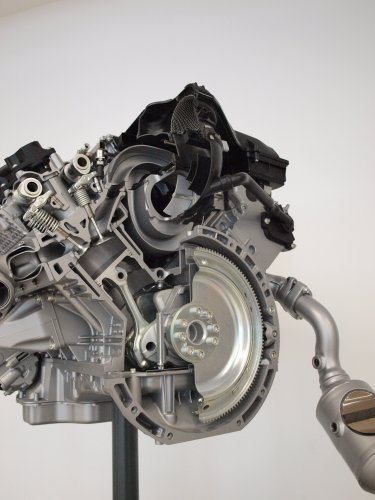Vienna University of Technology

Assoc. Prof. Dr. Thomas Lauer
Getreidemarkt 9
Hochhaus BA, 9. Stock
1060 Vienna
AustriaTel:
+43 (0)1 58801-31575
Fax:
+43 (0)1 58801-31599
The main tasks of the Institute for Powertrains and Automotive Technology are the scientific education for students at the Vienna University of Technology as well as research work and consultant activities. For this purpose are approximately 60 employees available, of which one half represents scientists and the second half specialised staff.
The research work concerns all aspects of engineering and improvement of vehicles with special emphasis to “power train”. Beside in-house basic research, applied research occupies an eminent part within the work of the institute, by order of important enterprises, like vehicle manufacturers.
The expansive field of work within the scope of conventional vehicle improvement contains components development for mixture preparation, ignition, exhaust gas after treatement, thermal management, etc. Therefore modern developing tools are used, which include particularly one- and three-dimensional flow simulation (3D-CFD), special measuring devices like fast exhaust emission measuring devices, optical investigation equipment and so on.
A further focus is set on alternative drive train technologies and their future applications. Alternative drive train concepts of different hybrid concepts including fuel cells are investigated and optimized concerning performance and emission characteristics. Therefore, a wide range of vehicle measurement equipment is available and in addition, a battery simulator guarantees a fundamental analysis of the electric hybrid devices. New operating and combustion processes for alternative biofuels of 1st and 2nd generation including hydrogen are developed as well. This work is completed by evaluating the state of technology concerning future environmental impacts.
At last with the test equipment, inclusive climatic chambers with option for cooling down to –35°C, the requirements are fulfilled to generate expertises by quantifying the engine performance, the efficiency and exhaust emissions of vehicles of different kinds, as well as to verify fuel characteristics. By means of a forecast instrument created at the institute the influence of future technologies can be predicted concerning emission development.


